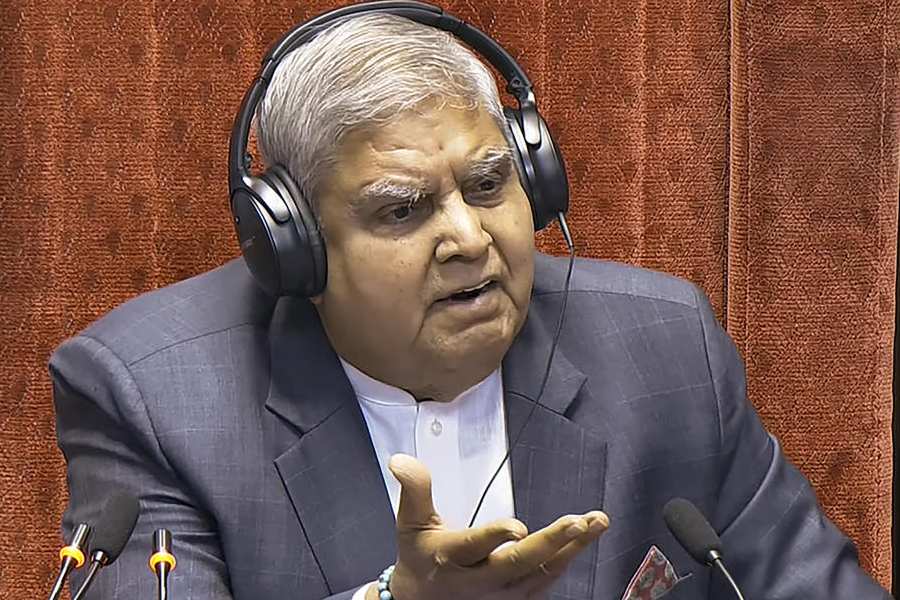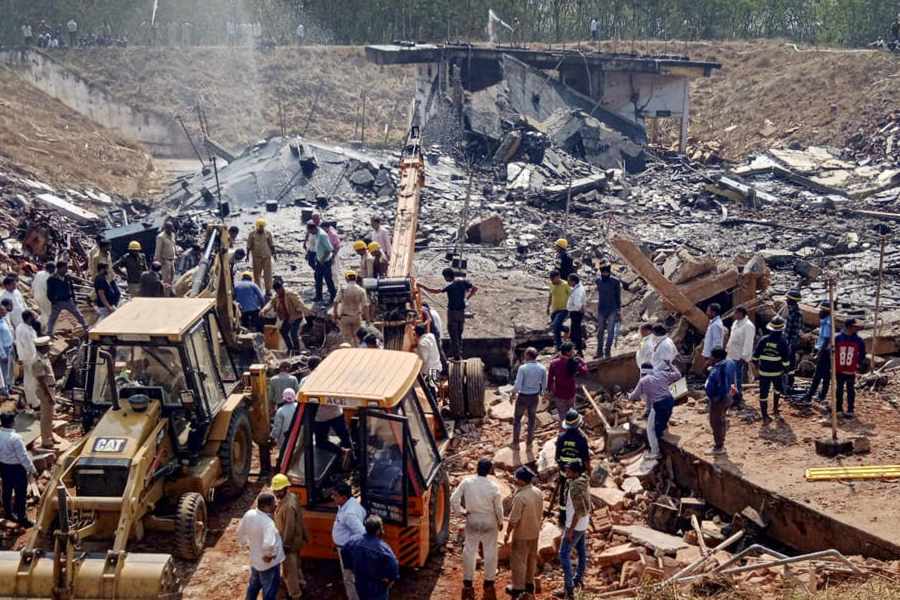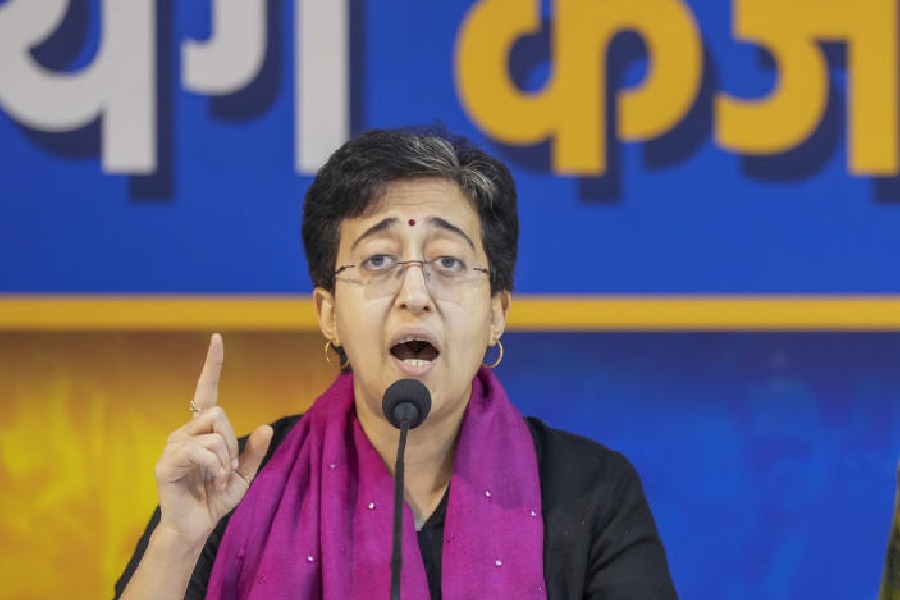A proposal to consider salary as a determinant of creamy layer status among Other Backward Classes has triggered apprehensions that economic deprivation will become a more overriding concern than social backwardness and adversely impact the already low representation of OBCs in government jobs.
The OBCs, who are socially and educationally backward, are entitled to 27 per cent reservation in government jobs and admission to educational institutions. But the creamy layer — whose criteria were first laid down in 1993 — among them are excluded from such benefits.
Now, a government-appointed committee headed by B.P. Sharma, former secretary of the department of personnel and training, has submitted a report recommending that salary be included among the yardsticks.
The criteria that are considered now focus on social backwardness, Justice V. Eswaraiah, former Chief Justice of Andhra Pradesh High Court and ex-acting chairman of the National Commission for Backward Classes, said.
The suggestions of the committee that are being considered by the social justice and empowerment ministry proposes to include income from salary among the determinants of creamy layer and increase the salary threshold from Rs 8 lakh per annum to Rs 12 lakh.
“The criteria fixed in 1993 did not allow the inclusion of salary and income from agriculture in the gross family income for creamy layer calculation. The idea was that persons holding constitutional and high posts and top businessmen, doctors and lawyers would not get reservation. If salary is included, social backwardness will become a minor consideration for reservation. This is wrong,” Eswaraiah said.
He said the Constitution provided for reservation for non-creamy layer OBCs to address social backwardness of thousands of years perpetrated by a regressive caste system. Economic backwardness was never the reason for reservation, Eswaraiah pointed out.
“The OBCs are yet to fill up the 27 per posts reserved for them in government jobs. Their numbers are lesser in top posts. If salary is included in creamy layer calculations, a large section of potential candidates will be adversely affected,” Eswaraiah said.
According to a recent report of the parliamentary panel on the welfare of OBCs, community members made up only 13 per cent of all employees in the Group A category of government jobs, 14.8 per cent in Group B posts and 22.6 per cent in Group C posts.
OBC groups will stage a protest in Delhi on March 23 against the proposed inclusion of salary as a creamy layer determinant.
Shashank Ratnoo, a lawyer, said: “It will demean the meaning of creamy layer reservation…. If the creamy layer criteria include salary, all parents ranging from drivers, peons, clerks, electricians, sepoys and teachers will become creamy layer as parents’ salary income will be considered at the time of their children’s recruitment. It will act as the death knell for OBC reservation.”
Hansraj Jangra, the president of the OBC Joint Action Committee, said a gradual shift towards economic criteria would result in large-scale vacancies in OBC seats and the impoverishment of the people of the community. It would make the proposed categorisation of OBCs for equitable distribution of quota irrelevant, he said.











